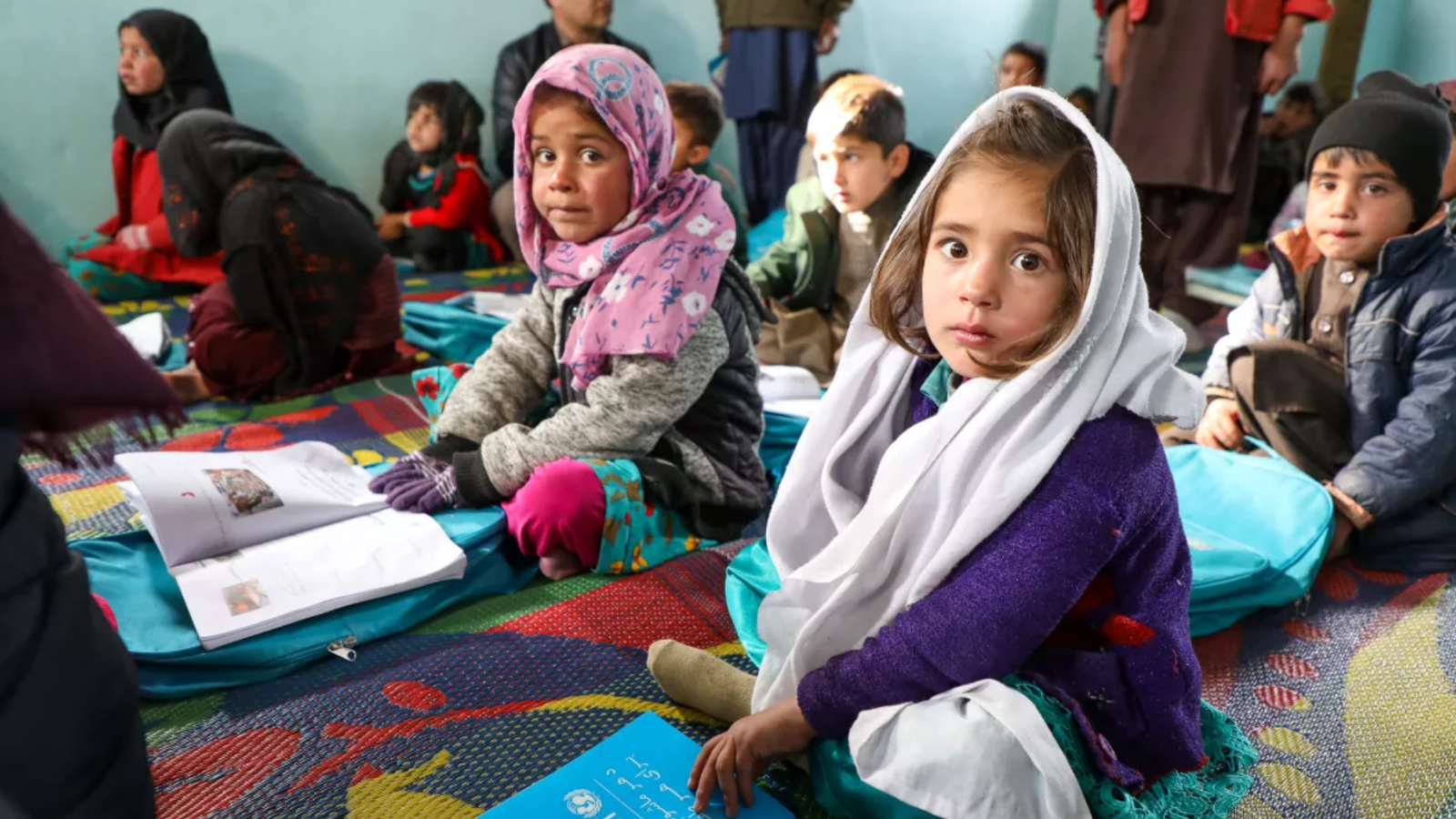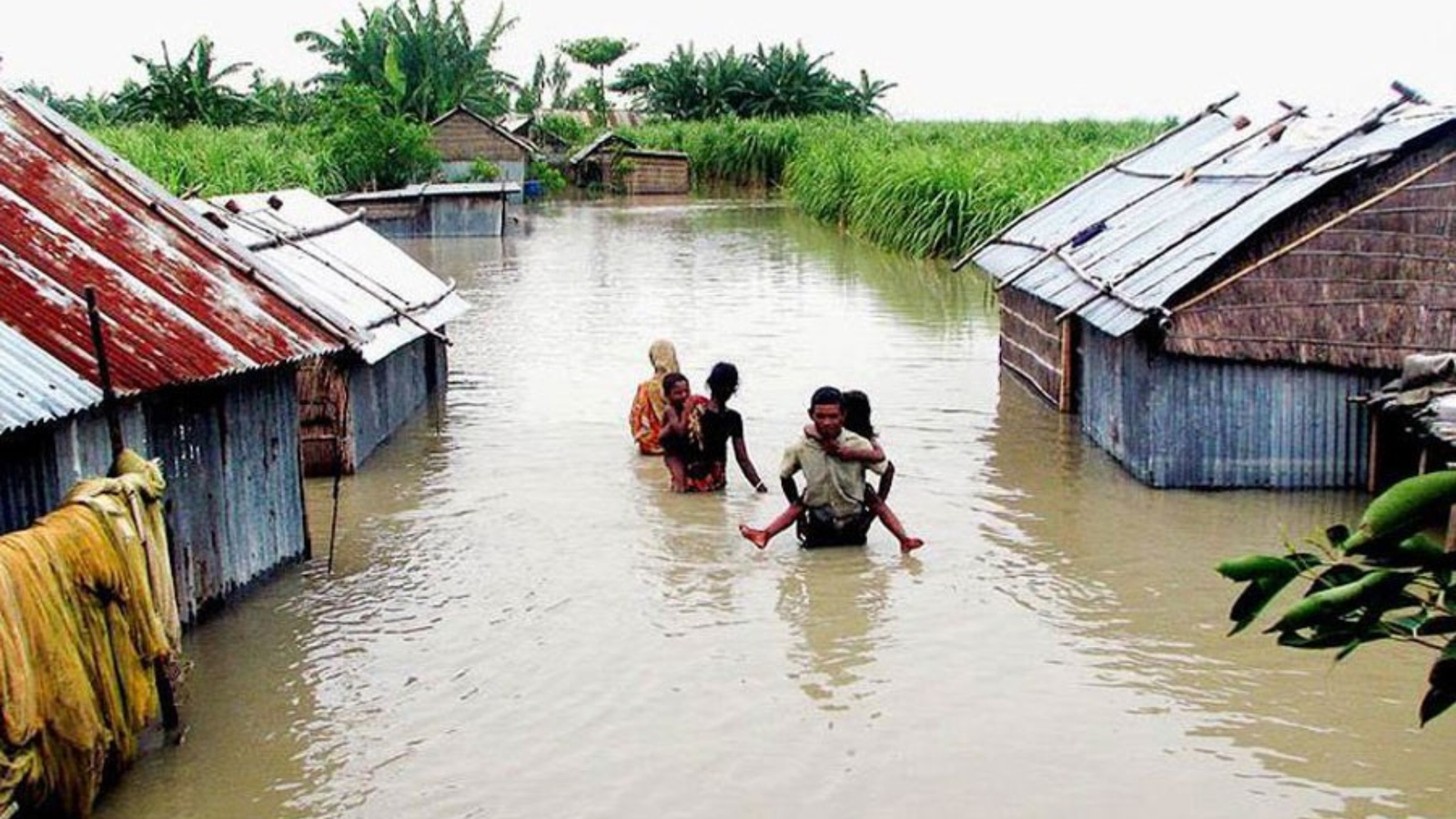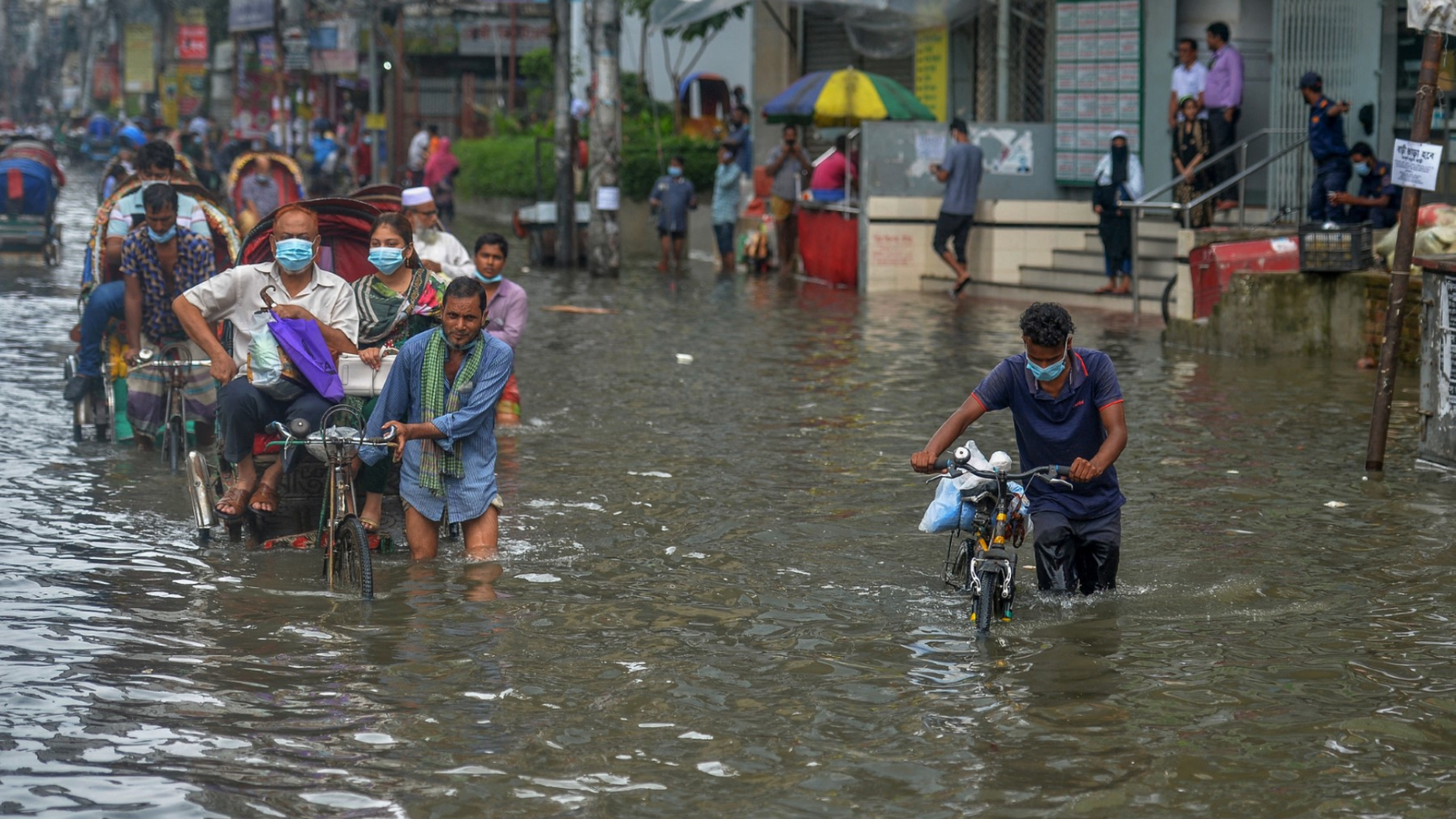The Islamic charity contributions, specifically Zakat and Sadaqah, possess the capacity to significantly contribute to Bangladesh’s efforts towards climate adaption. Bangladesh has a sizable Muslim population and a robust charitable giving culture; it can use these resources to support its aims for climate resilience.
Bangladesh’s population, economy, and ecology are seriously threatened by rising sea levels, more frequent natural disasters, and rising temperatures, making it one of the most vulnerable nations to climate change. With an emphasis on adaptation and measures to build resilience, the nation has made great strides in combating climate change. To support the nation’s climate goals, creative financing methods are necessary as cash is still a major obstacle.
Islamic almsgiving presents a viable remedy. One of the five pillars of Islam is zakat, which is a required alms donation equal to 2.5 percent of a person’s surplus wealth. On the other hand, Sadaqah is donating to charity voluntarily. These types of giving have the ability to raise a substantial amount of money for initiatives to adapt to climate change and are firmly embedded in Islamic culture.

Education, healthcare, and disaster assistance are just a few of the social and humanitarian causes that are already supported in Bangladesh through the utilization of Zakat and Sadaqah. Their ability to aid in efforts to adapt to climate change, however, is still mostly unrealized. Bangladesh may raise more money to support its climate resilience objectives, such as flood protection, preventing coastal erosion, and developing climate-resilient infrastructure, by utilizing Islamic charity giving.
The capacity of Islamic charity to reach underprivileged populations is one of its main benefits. Many rural populations in Bangladesh are frequently shut out of traditional financing sources because of social marginalization, poverty, or lack of access. By offering these communities direct financial support, Islamic charitable giving can assist close this gap and help them become more resilient and climate change-ready.
Furthermore, Islamic charitable giving can support equity and justice about climate change. Although they have made the least contribution to greenhouse gas emissions, the poor and disadvantaged are disproportionately affected by climate change. Bangladesh may guarantee that efforts to adapt to climate change address the needs of underprivileged groups and advance climate justice by raising money through Zakat and Sadaqah.

Bangladesh can create a special fund for climate adaptation initiatives in order to take advantage of the possibilities of Islamic charitable giving. A respectable Islamic organization or a government body may oversee this fund, guaranteeing openness, responsibility, and efficient use of the monies. Donations from people, companies, and organizations—both locally and abroad—can be made to the fund.
Bangladesh might also investigate cutting-edge financing options, such crowdsourcing websites or Islamic bonds (Sukuk), to raise money for efforts to adapt to the changing climate. By utilizing these systems, socially conscious investors can provide capital and gain access to the estimated $2 trillion worldwide Islamic finance sector.
Bangladesh can set precise guidelines and standards for financial allocation to guarantee that Islamic charitable giving effectively supports efforts to adapt to climate change. This can involve giving marginalized community-beneficial initiatives top priority, encouraging climate resilience and adaptation, and making sure fund management is transparent and accountable.
In conclusion, Bangladesh has a big chance to raise money for initiatives to adapt to climate change thanks to Islamic charitable giving. Bangladesh may enhance climate justice and equity, provide help to underprivileged people in strengthening their resilience to climate change, and get access to a specific financial source by utilizing Zakat and Sadaqah. Islamic charitable giving has the potential to significantly contribute to Bangladesh’s efforts to become more resilient to climate change and to advance a more sustainable future, provided that it is managed well and has access to creative funding options.

